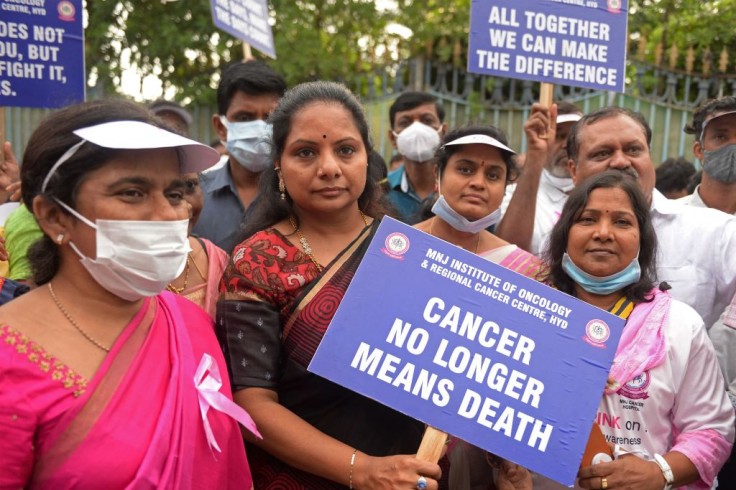
New research reveals that cardamonin, a natural compound found in cardamom spice, has therapeutic potential for triple-negative breast cancer. The findings also indicate that a compound targets a gene that helps cancer cells elude the immune system.
Cardamom is a valuable spice cultivated in Guatemala, Malaysia, and Tanzania and is the third most expensive spice, next to saffron and vanilla. The compound cardamonin is also found in other plants.
Triple-negative breast cells
According to Scitechdaily, about 10-15 percent of breast cancers are triple-negative, which do not have receptors for estrogen and progesterone. It also does not produce excessive amounts of HER2 proteins. Since it lacks estrogen and progesterone receptors, the tumors are difficult to treat as it does not respond to hormone-based therapies. Cancer of these types is more aggressive and has a higher mortality rate than other breast cancers.
Patricia Mendonca, Ph.D. assistant professor, and research analyst at Florida A&M University in Tallahassee, said that developing a safe and effective therapy for triple-negative breast cancer is challenging. The difficulty led them to investigate medicinal plants as a new way to fight cancer.
Mendonca's research team studied how cardamonin affected the programmed cell ligand (PD-l1) gene expression found in tumor cells. During breast cancer progression, PD-L1 is over-expressed, and it plays a critical role in helping breast cancer cells escape the body's immune system.
The team tested the spice compound on cancer cells from women of African-American ancestry and women of European origins. They found that cardamonin killed cancer cells from both groups, but it only limits the expression of PD-L1 in European women. Researchers point to genetic variation between races as to why the cancer cells respond differently to the spice.
The wonders of cardamom
Cardamom is native to the Indian subcontinent, Indonesia, and throughout tropical and subtropical Asia. It is a common ingredient in Indian cuisine and baking in Nordic countries. The spice has an intensely strong aromatic fragrant. The black cardamom has a more smoky aroma, with a coolness similar to mint, the Good News Network says.
In the Ayurvedic literature of India, cardamom is referenced for its medicinal values. Ancient Greek physicians Dioscorides and Hippocrates also identified the spice as a digestive aid.
Cardamom has been used in traditional medicine for centuries, and several studies have shown its medicinal benefits. In 2009, a study revealed that spice decreases blood pressure. A study in 2012 showed that cardamom has the potential as a protective agent against stage-2 skin cancer in mice. In 2015, researchers found that the spice compound stopped oral cancer cells from multiplying in test tubes.
Although the results of Mendonca's research team sound promising, the researchers caution that the research is still in progress. They plan to conduct additional studies in both cells and animals to confirm the efficacy of the compound before it is tested in people. The team would also want to study other mechanisms involved in cardamonin's anti-cancer properties, News Medical Net reports.